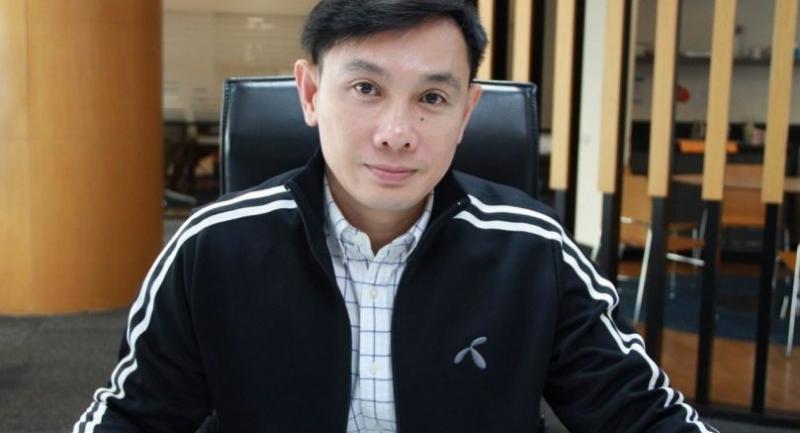What Thai people really want to know

THAILAND may top Internet usage charts, but it is also a highly unequal country where 40 per cent of the population lacks Internet access. Many of these people live in rural areas, with limited access to the resources needed for them to acquire digital skills.
Yet, the Thai government actually has a very strong informal training network. The Ministry of Digital Economy and Society, for example, has 2,000 training centres around the country. The Ministry of Education has another 6,000.
In the past, these centres would focus on what the trainers thought was important, instead of what the learner wanted. They would teach Word, Excel and Powerpoint, which are good if you’re looking for an office job in Bangkok but not so useful if you’re trying to sell coconuts from your Surat Thani farm.
What does a farmer want to know?
About 90 per cent of Thai Internet users actually access the Internet from a phone. So the topic most useful to them is how to use a phone rather than a desktop computer: how to use it to get email, how to use Facebook, how to set up a Facebook page, how to take good pictures of your products.
To develop such a curriculum, DTAC reached out to the Deputy Minister of Education, General Surachet Chaiwong, and the Office of Non-Formal and Informal Education under the Ministry of Education. We jointly created a curriculum of over 200 courses covering really basic things, like posting beautiful pictures of your products on a Facebook page to grow your direct sales.
The Ministry of Education has 1.2 million teachers in its informal education network (known as Kor Sor Nor in Thai). So how do you train that many people in a few years? We approached it like multi-tier marketing. First, we trained a head teacher in each of the 77 provinces. Then we trained them together with 10-20 trainers per province. Those trainers then went on to each train some 300-400 teachers in each district. By the time you get to the sub-district level, you’re reaching one million teachers. In fact, the programme reached that figure in one short year, well ahead of schedule.
The secret is to create incentives for the end user. If rural folk can see tangible results from their training, if they can leverage Facebook to make sales, then they will spread the word.
In the North, for example, we approached some rice farmers with the idea of going organic and connected them with the resources to make biofertilisers. Second, we helped them redesign their packaging. Finally, we helped with storytelling. Why is it organic? What are the benefits? It worked: they’ve increased their sales dramatically.
Beyond the curriculum, creating the right environment is also very important. Classes with rows of desktops are too intimidating. We’re now opting for learning environments with more of a start-up/coworking space atmosphere. We want people who have some time on their hands during the day, from motorcycle taxis to housewives, to feel comfortable enough to drop by, pick up extra skills and unlock a second source of income.
To grow our impact even further, the plan is to work with small businesses like cooperatives and local community enterprises in rural areas. This year, we want to bring 100,000 of them online. If they sell Bt1 million worth of products a year, that’s a contribution of Bt100 billion to the Thai economy. Along with DTAC, four ministries are on board: the Ministry of Digital Economy and Society, the Ministry of Education, the Ministry of Agriculture and Cooperatives and the Ministry of Commerce. They have over 20,000 training centres in total. If it is accompanied by a solid training programme, the government’s Thailand 4.0 policy can lift incomes even in the most remote and underdeveloped areas of the country. Training is how we can turn digital transformation from a threat to an opportunity for all.
Lertratana Ratananukul is senior vice president, head of government relations division, at DTAC.
